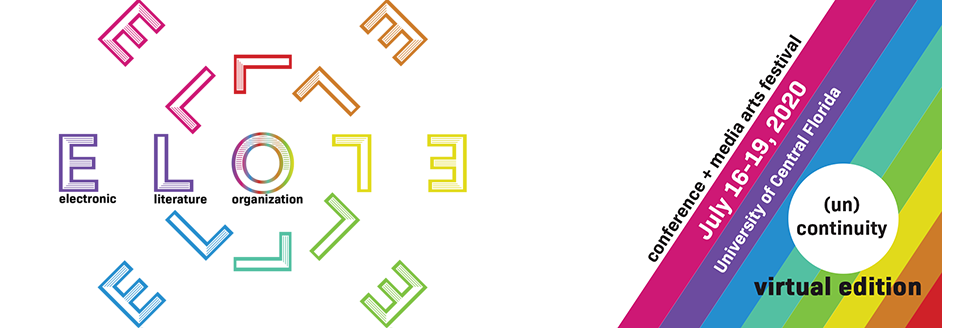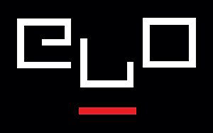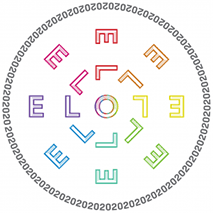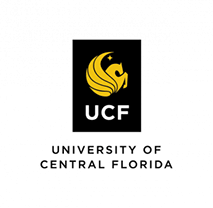Proposal Title
Mirroring Tears and the Re-Reading Continuum: Notes Towards a Non-Algorithmic Criticism
Loading...
Submission Type
Conference Talk - Individual
Abstract
On May 19th 2011, at the E-Poetry Festival, digital poet and theorist John Cayley and art scholar, curator, and practitioner Penny Florence present Mirroring Tears: Visages (Collaboration on Mallarmé), an artwork whose sets of textual and contextual collaborations, in the authors’ view, “explore the potential of digital poetry as critique and translation, hypothesising an analogy or stronger between the Mallarméan text and the digital, and, more broadly, the present and early Modernism. An ideal metonymy for the complex net of discourses surrounding contemporary digital literary practices, Mirroring Tears exposes scholars to a fundamentally problematic separation of digitization, born-digital creation, encoding, programming, database modelling, multimedia authoring, and interface design into distinct fields of inquiry.
By using selected methodological hypotheses for forms of computational criticism (human reading, distant reading, scalable reading, and topic modeling) for Mirroring Tears, my presentation illustrates some opportunities for literary studies to explore the e-literary as engaged in forms of meaning processing that exceeds the traditional characterization of meaning as mere abstract, conceptual entities. I use the theoretical perspective of Ordinary Language Philosophy (OLP), the philosophical tradition that largely builds on the work of Ludwig Wittgenstein and J. L. Austin, to see such an impossible task as an opportunity to recast the act of reading beyond the traditional hermeneutic activity typical of literary studies. The un-coded model of meaning I discuss is currently part of my current manuscript project about what I call an Ordinary Digital Philosophy, a theory of meaning for digital artworks that sees the digital not as a modality in which language takes shape but sees the digital as language itself made of both linguistic and extra-linguistic manifestations. Seen through OLP, Mirroring Tears offer the possibility of a larger reflection on how electronic literature as a whole seems to require to shift textual interpretation practices from linguistic expressions to the overall expression of digital works, from seeing the work as a proxy for meaning to seeing aspects of the literary work, from looking at the work as having a meaning to conversely dealing with it in a meaningful way.
You can experience Mirroring Tears at:
http://programmatology.shadoof.net/movies/mirrorTearsAssociative.mp4
http://programmatology.shadoof.net/movies/mirrorTearsDeveloped.mp4
http://programmatology.shadoof.net/movies/mirrorTearsInitial.mp4
Mirroring Tears and the Re-Reading Continuum: Notes Towards a Non-Algorithmic Criticism
On May 19th 2011, at the E-Poetry Festival, digital poet and theorist John Cayley and art scholar, curator, and practitioner Penny Florence present Mirroring Tears: Visages (Collaboration on Mallarmé), an artwork whose sets of textual and contextual collaborations, in the authors’ view, “explore the potential of digital poetry as critique and translation, hypothesising an analogy or stronger between the Mallarméan text and the digital, and, more broadly, the present and early Modernism. An ideal metonymy for the complex net of discourses surrounding contemporary digital literary practices, Mirroring Tears exposes scholars to a fundamentally problematic separation of digitization, born-digital creation, encoding, programming, database modelling, multimedia authoring, and interface design into distinct fields of inquiry.
By using selected methodological hypotheses for forms of computational criticism (human reading, distant reading, scalable reading, and topic modeling) for Mirroring Tears, my presentation illustrates some opportunities for literary studies to explore the e-literary as engaged in forms of meaning processing that exceeds the traditional characterization of meaning as mere abstract, conceptual entities. I use the theoretical perspective of Ordinary Language Philosophy (OLP), the philosophical tradition that largely builds on the work of Ludwig Wittgenstein and J. L. Austin, to see such an impossible task as an opportunity to recast the act of reading beyond the traditional hermeneutic activity typical of literary studies. The un-coded model of meaning I discuss is currently part of my current manuscript project about what I call an Ordinary Digital Philosophy, a theory of meaning for digital artworks that sees the digital not as a modality in which language takes shape but sees the digital as language itself made of both linguistic and extra-linguistic manifestations. Seen through OLP, Mirroring Tears offer the possibility of a larger reflection on how electronic literature as a whole seems to require to shift textual interpretation practices from linguistic expressions to the overall expression of digital works, from seeing the work as a proxy for meaning to seeing aspects of the literary work, from looking at the work as having a meaning to conversely dealing with it in a meaningful way.
You can experience Mirroring Tears at:
http://programmatology.shadoof.net/movies/mirrorTearsAssociative.mp4
http://programmatology.shadoof.net/movies/mirrorTearsDeveloped.mp4
http://programmatology.shadoof.net/movies/mirrorTearsInitial.mp4




Bio
Mauro Carassai teaches courses in Digital Humanities, literary theory, and American studies at California State University Northridge. He was a Brittain Postdoctoral Fellow at Georgia Institute of Technology in 2014-15 and a visiting Fulbright at Brown University in 2007-2008. His research combines literary theory, philosophy of language, and digital literatures within the larger frame of American literatures and American studies. His scholarly work has been published in journals such as Culture Machine, LEA Almanac, DHQ, and ADA – A Journal of Gender Media and Technology. He co-edited a double issue for the Digital Humanities Quarterly titled “Futures of Digital Studies” and he is currently at work on a manuscript exploring problems and perspectives in configuring an Ordinary Digital Philosophy.